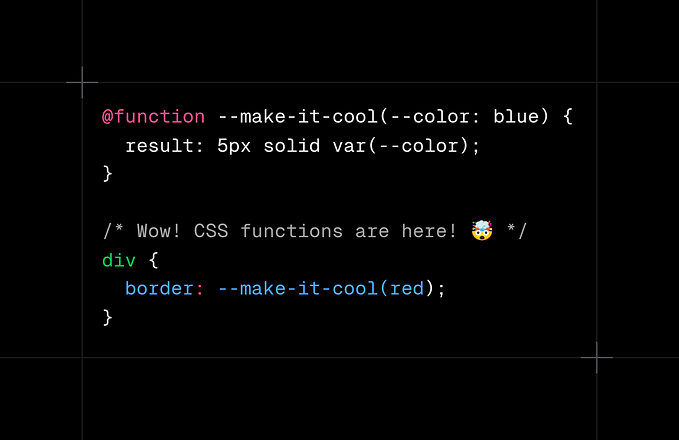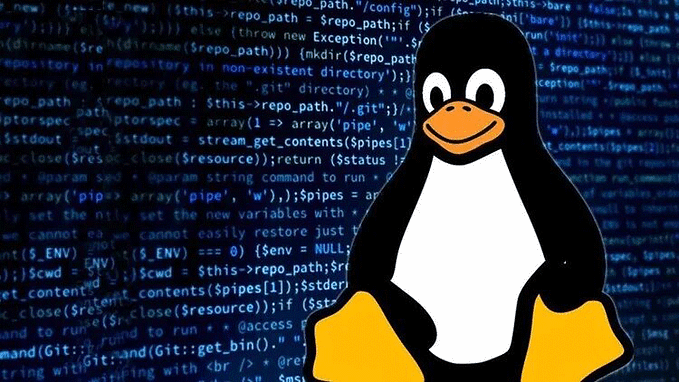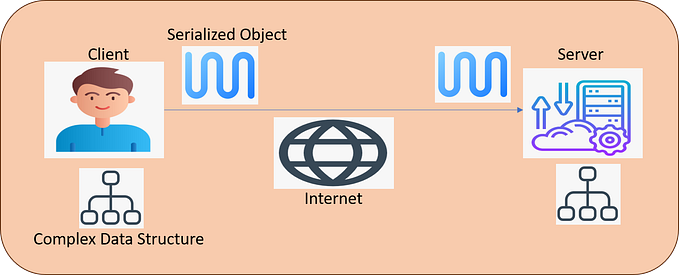Understanding Type Juggling in PHP
Introduction
PHP is a popular server-side scripting language known for its flexibility and ease of use. One of the features that sets PHP apart from some other programming languages is its type-juggling capability.
In PHP, type juggling refers to the automatic and dynamic conversion of data types during operations or comparisons.
While this can be convenient, it can also lead to unexpected behavior if not understood and handled correctly. In this article, we will explore what type of juggling is, how it happens, and how to work with it effectively in PHP.
PHP’s Loosely Typed Nature
To understand type juggling in PHP, it’s essential to grasp the concept of loose typing. Unlike strictly typed languages like Java or C++, PHP variables do not have fixed data types. Variables can change their data types as needed during the execution of a script. This flexibility can be both a blessing and a potential source of bugs.
How Type Juggling Happens
Type juggling occurs when PHP encounters operations or comparisons involving variables of different data types. PHP will automatically attempt to convert one or both of the variables to a common data type before performing the operation or comparison. Here are some common scenarios where type juggling comes into play:
Numeric and String Operations
PHP can automatically convert between numeric and string data types when performing operations. For example:
$num = 10;
$str = "20";
$result = $num + $str; // $result will be 30 (numeric)In this example, PHP converts the string “20” to a numeric type to perform the addition.
String and Boolean Comparisons
PHP may also convert between string and boolean (true/false) data types when comparing values:
$str = "0";
$bool = false;
if ($str == $bool) {
// This condition will be true because "0" is loosely equal to false
}Here, PHP converts the string “0” to a boolean type for the comparison.
Array and String Conversions:
PHP can convert between arrays and strings in some cases:
$arr = array(1, 2, 3);
$str = "123";
if ($arr == $str) {
// This condition will be true because the array is loosely equal to the string
}In this case, PHP converts the array to a string before performing the comparison.
The Order of Type Juggling
Type juggling in PHP follows a specific order of precedence when converting data types during operations or comparisons. PHP attempts to convert data types in a well-defined sequence to maintain consistency and predictability. Here is the order of precedence for type juggling in PHP:
- Booleans: The highest precedence is given to booleans. When boolean values are involved in an operation or comparison, PHP will treat non-boolean values as booleans for that operation. Logical operators like
&&,||, and!primarily work with booleans. - Integers (Numeric Types): If there are no booleans involved, PHP will consider integers. When one operand is an integer, PHP will try to convert the other operand to an integer.
- Floats (Floating-Point Numbers): In the absence of integers, PHP considers floating-point numbers (floats). When one operand is a float, PHP attempts to convert the other operand to a float.
- Strings: If none of the above types are present, PHP looks at strings. When one operand is a string, PHP will try to convert the other operand to a string.
- Arrays: In situations where none of the above types apply, PHP checks for arrays. If one operand is an array, PHP will endeavor to convert the other operand to an array. However, array conversions can sometimes lead to unexpected results.
- Objects: Objects in PHP have their own rules for type conversions, and they can be more complex. Objects can define their own conversion behavior through the use of magic methods like
__toString(). - Null: If none of the above conversion rules apply, PHP considers null. It’s important to note that null itself cannot be implicitly converted to other types.
Best Practices for Dealing with Type Juggling
While type juggling can be convenient, it can also lead to unexpected results and bugs if you’re not aware of how PHP handles data type conversions. To avoid issues, consider the following best practices:
- Use Strict Type Comparisons: To ensure both values have the same data type and value, use strict type comparisons with
===for equality and!==for inequality. - Be Explicit with Type Conversions: When necessary, explicitly cast variables to the desired data type using functions like
intval(),strval(), or(type)casting. - Document Your Code: Document your code and variable types to make it easier for others (or your future self) to understand how data types are being used.
Conclusion
Understanding PHP’s type juggling behavior is crucial for writing robust and predictable code. While it offers flexibility, it can also lead to subtle bugs if not handled carefully. By following best practices, using strict comparisons, and being explicit with type conversions, you can harness the power of type juggling while minimizing its potential pitfalls in your PHP projects.




